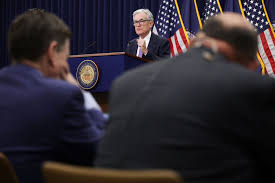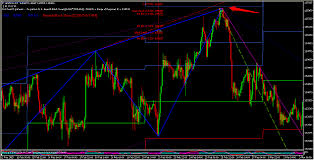Introduction to the FOMC
The Federal Open Market Committee (FOMC) plays a critical role in shaping the monetary policy of the United States. Comprised of 12 members, the FOMC meets regularly to set target interest rates, which have cascading effects on the global financial system. The decisions made during these meetings are particularly relevant in times of economic uncertainty, as they can influence inflation rates, employment, and overall economic growth.
Highlights from Recent FOMC Meetings
In its most recent meeting, held in late September 2023, the FOMC decided to maintain the federal funds rate at a range of 5.25% to 5.50%. This decision came after months of inflation being reported at above the Fed’s 2% target, which has been a major concern for both the FOMC and the American public. Chair Jerome Powell emphasized that the Fed remains vigilant about inflation and is prepared to adjust rates further if inflationary pressures persist.
Another significant takeaway from the meeting was the updated economic projections provided by the FOMC members. They projected a modest growth in the U.S. economy for 2024, reflecting persistent inflation and global economic challenges. Members also indicated that achieving a reduction in inflation may require maintaining elevated interest rates for a longer period than previously anticipated.
Market Reactions
The FOMC’s decision to hold rates steady resulted in a mixed reaction across financial markets. Following the announcement, U.S. stock markets showed slight gains, buoyed by investor optimism that the Fed’s cautious approach could create a more stable economic environment. However, the bond markets reacted differently, with yields on Treasury bonds increasing slightly, indicating that investors are pricing in the possibility of higher rates for a longer duration.
Conclusion and Future Outlook
The implications of FOMC meetings extend beyond interest rates; they have a direct influence on consumer behavior, investment strategies, and international markets. As the global economy continues to grapple with challenges such as supply chain disruptions and geopolitical tensions, the FOMC’s decisions will remain crucial. Analysts are closely monitoring upcoming meetings for signs of new direction or adjustments to economic forecasts. Overall, the FOMC plays a vital role in balancing the need to control inflation while ensuring continued economic growth, and its future decisions will be significant indicators for investors and policymakers alike.


